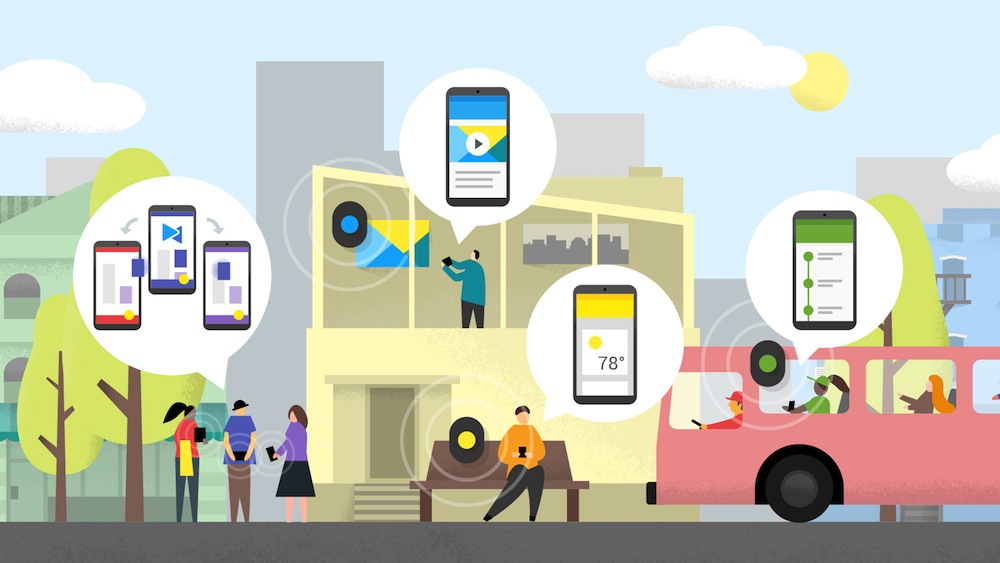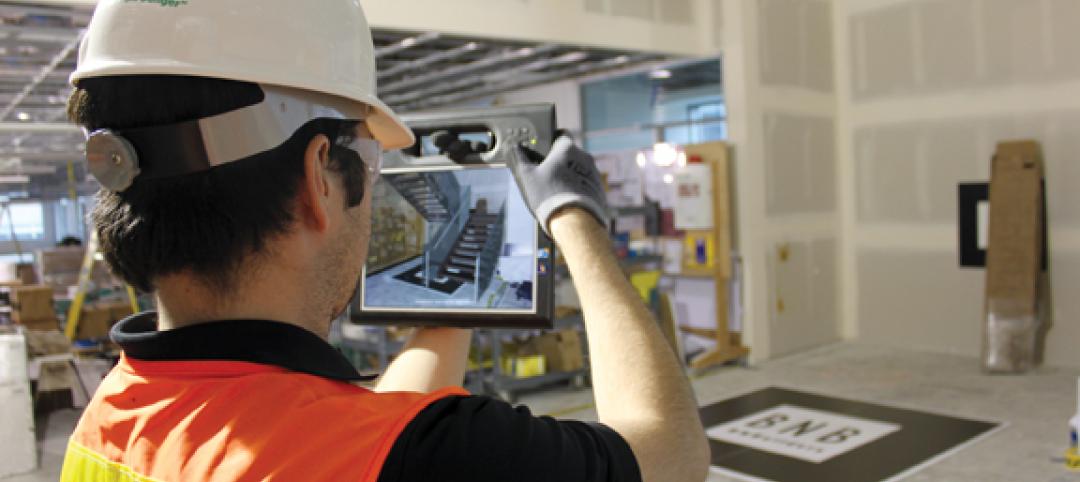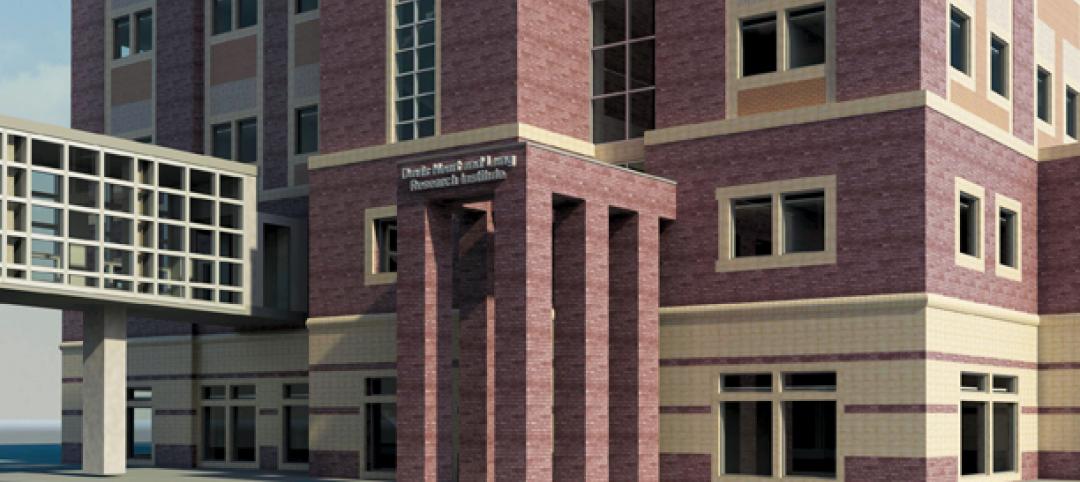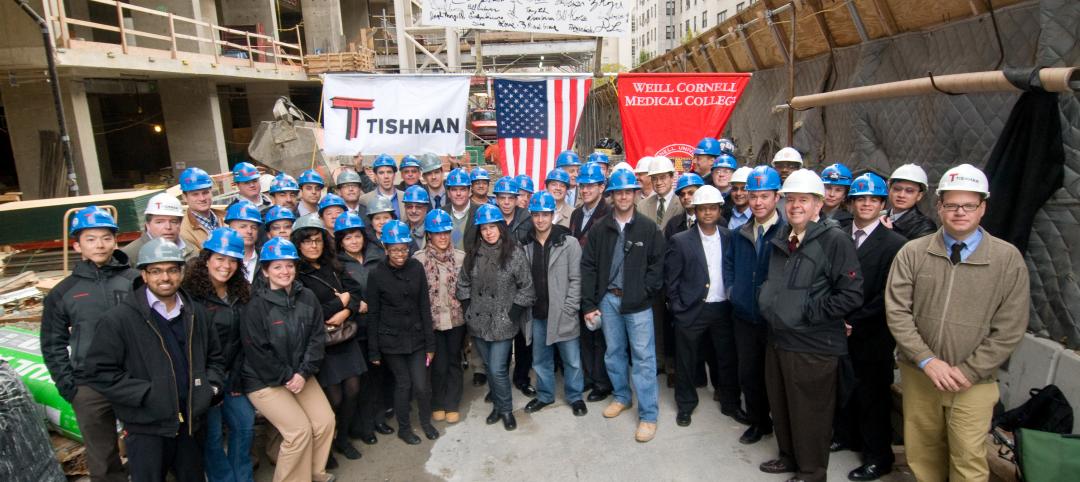In May, BD+C's blog partner, CASE, covered the rise of indoor positioning technology, and identified architectural applications for beacon technology.
BLE (Bluetooth low energy) beacons are small battery-powered devices that connect with tablets and phones that are in the immediate vicinity. This can enable businesses and other entities to send messages to users based on where they are in a certain space. Apple released the iBeacon in 2013, and the iOS8 update last summer made the innovation even stronger.
Mashable reports that Google will challenge Apple in this realm: The company unveiled Eddystone, a new BLE beacon format, along with tools that will let developers create apps along with the service. Google named the beacon after the Eddy Lighthouse in England, and the company has drawn the parallels between new beacon technology and classic guiding lighthouses.
Unlike iBeacon, which is only compatible with iDevices, Eddystone is cross-platform and discoverable by any Bluetooth smart device. It is open-source so any beacon manufacturer can make hardware compatible with it.
Though beacons usually broadcast information publicly, Eddystone has the option to communicate privately as well. The privacy feature, called Ephemeral Identifiers (EIDs), lets users track their luggage while traveling and find their keys, for instance.
For developers, Google released two new APIs. The Nearby API connects apps with other close devices and beacons; for example, users at an art museum can receive additional facts about a piece or display over their phones. The Proximity Beacon API allows developers to associate semantic location with beacons and store it in the cloud.
Eddystone is available on GitHub under the Apache v2.0 license. Google says Eddystone can be installed with a firmware update.
Related Stories
| Feb 16, 2012
Gain greater agility and profitability with ArchiCAD BIM software
White paper was written with the sole purpose of providing accurate, reliable information about critical issues related to BIM and what ArchiCAD with advanced technology such as the GRAPHISOFT BIM Server provide as an answer to address these issues.
| Feb 1, 2012
‘Augmented reality’ comes to the job site
A new software tool derived from virtual reality is helping Building Teams use the power of BIM models more effectively.
| Jan 3, 2012
BIM: not just for new buildings
Ohio State University Medical Center is converting 55 Medical Center buildings from AutoCAD to BIM to improve quality and speed of decision making related to facility use, renovations, maintenance, and more.
| Dec 29, 2011
GreenWizard offers cloud-based LEED credit management, assessment
The company recently began offering companies the ability to run assessments for design credits, in addition to traditional product-specific LEED credits.
| Dec 27, 2011
Clayco awarded expansion of Washington University Data Center in St. Louis
Once completed, the new building addition will double the size of the data center which houses sophisticated computer networks that store massive amounts of genomic data used to identify the genetic origins of cancer and other diseases.
| Dec 27, 2011
State of the data center 2011
Advances in technology, an increased reliance on the Internet and social media as well as an increased focus on energy management initiatives have had a significant impact on the data center world.
| Dec 14, 2011
Belfer Research Building tops out in New York
Hundreds of construction trades people celebrate reaching the top of concrete structure for facility that will accelerate treatments and cures at world-renowned institution.
| Dec 10, 2011
10 Great Solutions
The editors of Building Design+Construction present 10 “Great Solutions” that highlight innovative technology and products that can be used to address some of the many problems Building Teams face in their day-to-day work. Readers are encouraged to submit entries for Great Solutions; if we use yours, you’ll receive a $25 gift certificate. Look for more Great Solutions in 2012 at: www.bdcnetwork.com/greatsolutions/2012.
















